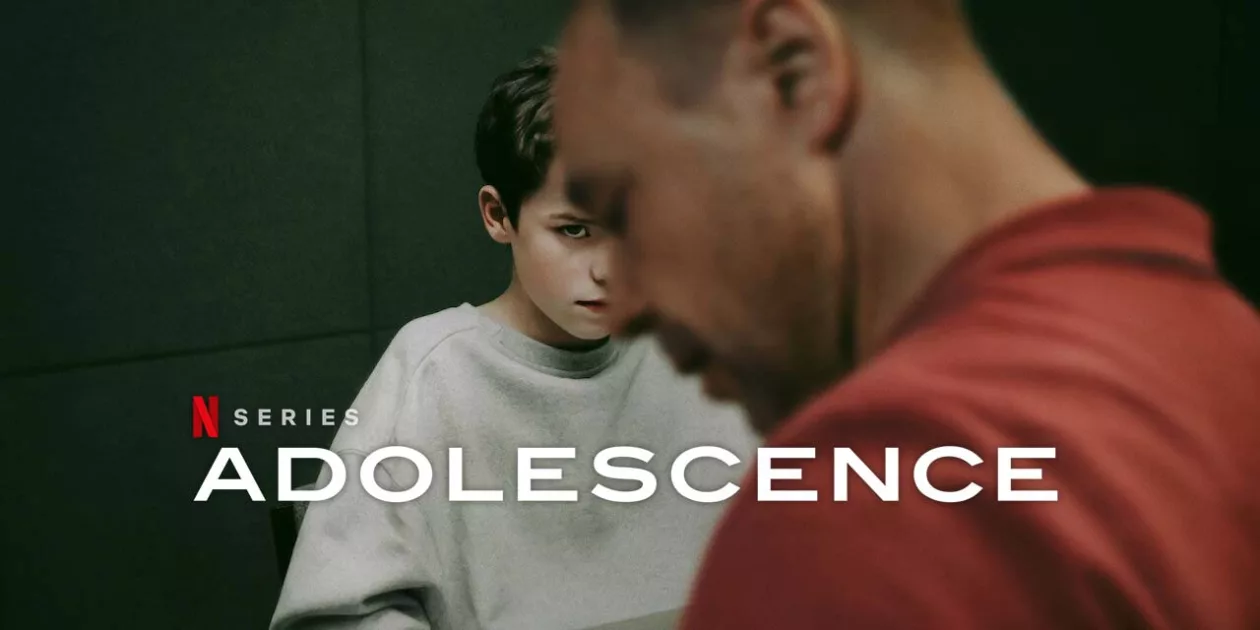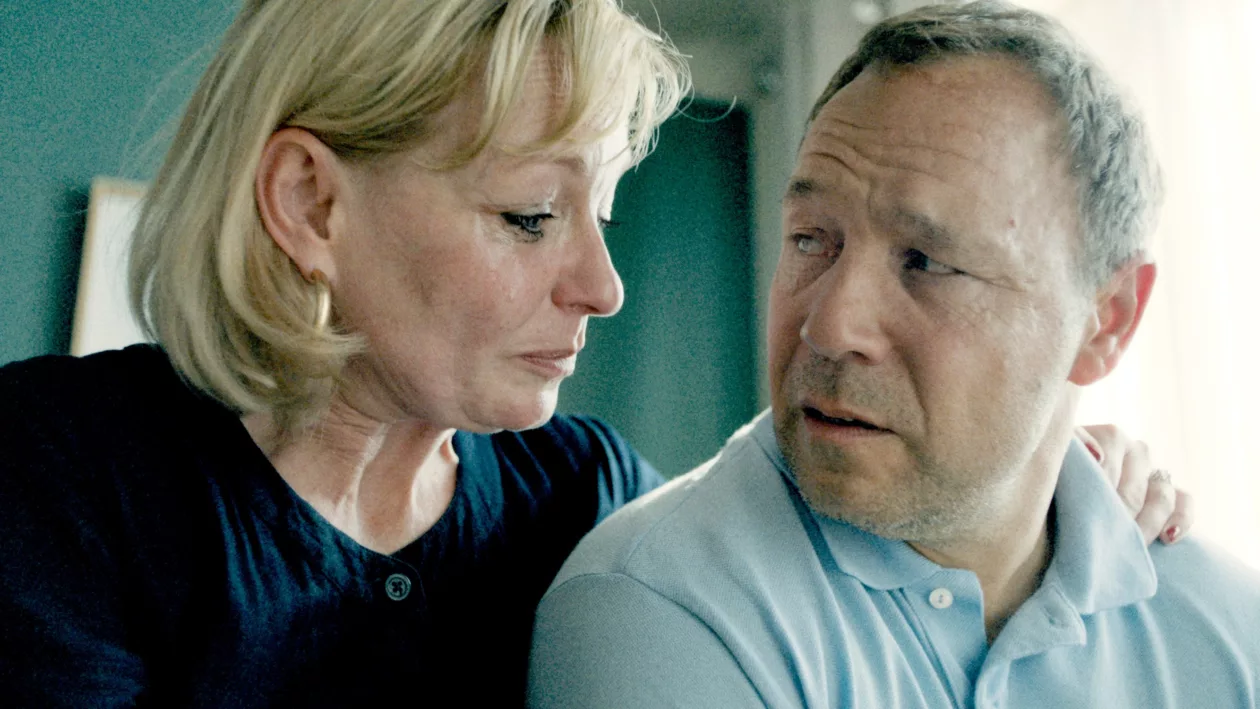
From 1978 until last week, there were only two media artifacts that held the #1 spot in things I’ve watched that have rattled me to the core. The films Midnight Express and Fight Club offered peeks into the human condition and groanings for redemption that were so troubling that all I could do after watching was sit in silence and cry. Then came the new four-part Netflix drama series, Adolescence. Now there are three that sit at #1 for me. I’ve not watched it twice in an effort to catch things the second time around that I might have missed. Both viewings ended in the same way for me. Even though I knew what was coming, the heartache was there and the tears flowed.
Here at CPYU we are all about leading those who are called to love and nurture kids into a lifetime of integrating faith into all of life understand the rapidly changing cross-cultural mission field of children and teens. And the faster this world changes, the more out of touch with what’s really happening we risk becoming. Being a parent, youth worker, grandparent, educator, etc. is difficult business these days. Culture has always advanced and morphed faster and faster as time has passed. But our post 2007 smartphone/digital/screen-filled world has thrown fuel on the already raging fire of cultural acceleration. Just last night I spoke with a public school administrator who was lamenting the state of 5th graders in his district as those kids are evidencing the kinds of pressures, problems, beliefs, and behaviors that used to be seen only in older teens. That’s called “age-compression.” He told me that his own kids, ranging in age from middle school up to college graduates have – even though they are siblings – grown up in different cultural worlds.
There’s too much in Adolescence to write about here. There’s insight into the unseen world of kids and how that effects children, parents, families, schools, and communities. I won’t spoil it for you if you haven’t seen it, but watch it you must. As a culture-watcher, I can tell you that it is not overstated or marked by hyperbole. Every story told in the four-part drama is one I’ve heard in real-life. . . and I’m guessing you will have heard most of them as well. Cinematically and acting-wise it’s a masterpiece. Watch it and you’ll understand why. And watch it you must, as difficult and exercise as that might be.

Earlier this week I sat down with three of our CPYU Research Fellows, all boots-on-the-ground youthworkers, who have also watched Adolescence. Heartache and tears were all part of their viewing experience. We talked about lessons learned, insights gained, and practical ministry takeaways. I invite you to listen in to this latest episode of our Youth Culture Matters podcast. . . after you’ve watched Adolescence for yourself if you’re planning on doing it. (We don’t want to spoil it for you.)
Psalm 78:4 reminds us of our high calling and high responsibilityt to diligently pass on the faith: “We will not hide them from our children, but will tell the next generation the praises of the Lord, and His strength, and the wonders He has done.” Our diligence is most necessary in today’s day and age. May the Lord bless our families and our kids.
And one more thing. . . one of the most moving and gut-wrenching lines is spoken near the end of episode 4 as the parents of 13-year-old Jamie Miller are weeping over what’s happened in their family. Through tears, Jamie’s mom Mandy says, “But I do sometimes think we should have stopped it. . . Seen it and stopped it.” That’s a timely word for us all to hear.
Walt! Thank you for newsletter!!! I am overwhelmed and near tears just reading this. Our common Friend Greg Anderson from iPoint Camp, recently told me he was on your board. We were talking about you in a good way, of course. We love Greg & Janet Anderson and are supporters of iPoint. I volunteer as much as I am able to.
Growing old gracefully does have its struggles. But God ❤️